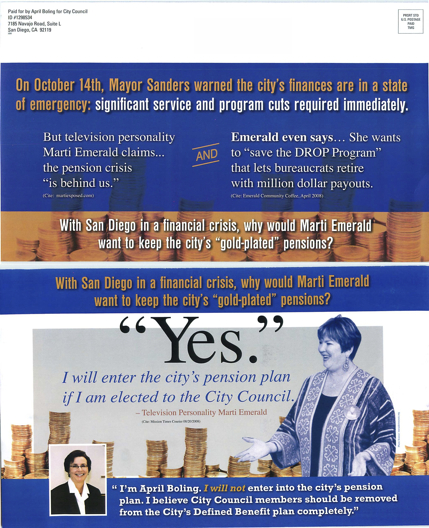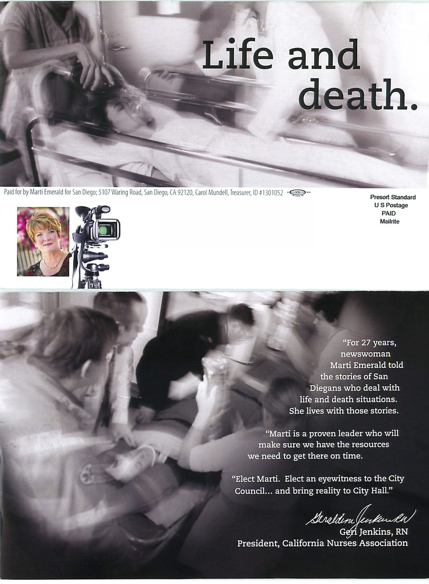Last week I received my latest City of San Diego water bill; we’re billed every 2 months. Our bill has a base fee for water, base fee for sewer, a few other fixed costs and then the actual cost of water that, of course, varies based on usage. The problem that I immediately noticed is that water for Tier 1 was $3.9183 per HCF (1 HCF = 748 gallons). We used 6 HCF for a total cost of $23.51 in variable costs; the fixed costs total over $100. Just for reference, the average usage in my area is 13 HCF, so we’re doing pretty well in conserving.
While I can completely understand that fixed costs handle infrastructure and personnel costs, the actual water cost doesn’t provide any incentive to conserve. One of the fixed fees is adjusted each year based on usage, but it is still fixed for the entire year. If I save 1 HCF of water every 2 months (16% reduction), I’ll reduce my bill a whopping $3.92! If on the other hand I double my usage, I’ll pay an additional $23.51 which is nothing.
What I propose is that the fee structure change such that each HCF of water costs say $20 and have no fixed costs. Throw in a minimum fee that say includes 4 or 6 HCF of water and now there is incentive for people in my area to reduce usage. At the current rate structure, the average user in my area pays about $155 (I think the base sewer fee is a bit higher, but I’m not sure); under my proposed $20 per HCF, the average user would pay $260. Now, people reading are probably saying that this is outrageous to increase the water rates so much, but think about how this would encourage conservation while still covering fixed costs for infrastructure and personnel.
Of course, my proposed number is simply based on taking my total bill and dividing by the number of HCF used, so it could easily be adjusted. There is probably something I’m missing here as this simple pricing change seems like it would go a long way to encouraging conservation.


